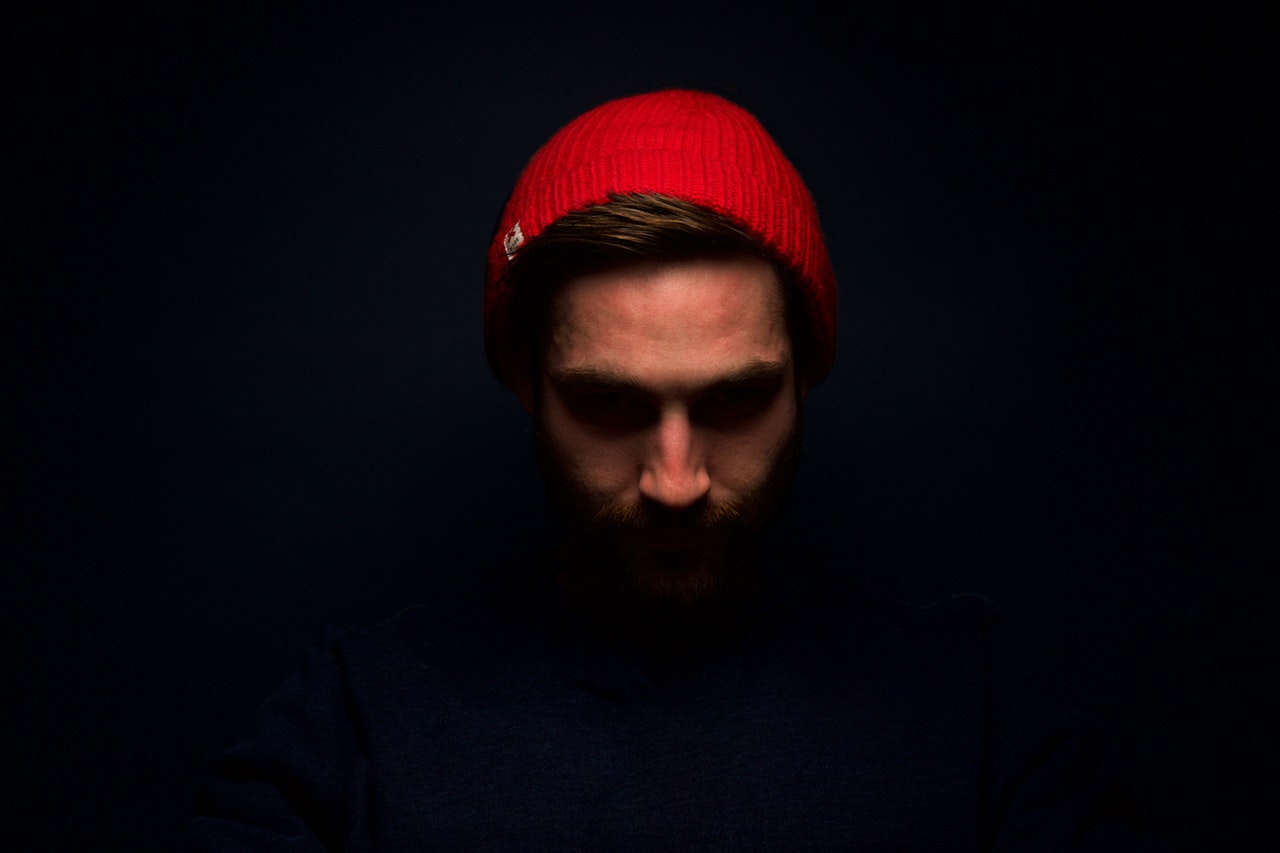Reflection for the 19th Sunday. Year B. 2018
– By Fr Ugo Ikwuka
Archway, London
“Too much of anything is bad, but too much good whiskey is barely enough.” That’s the verdict of the American author and humorist, Mark Twain.
This rightly applies to the long discourse on Jesus as the bread of life which began with his miracle of the multiplication of loaves last three Sundays and will still extend to the next couple of Sundays.
As a breather, I’ve decided to base this Sunday’s reflection on the First Reading which recounts the Prophet Elijah’s depression following threat to his life by the Queen Jezebel after he had defeated and consequently massacred the priests of Baal in that epic test to determine the true God.

Moreover, a psychologist would normally find discussing the theme of depression irresistible. Unarguably, the most informative book I read in the course of my doctoral research in psychology is Crazy like Us: The Globalisation of the Western Mind by Ethan Watters.
To make for culturally appropriate interventions, I strongly recommend that every therapist including doctors, psychologists and religious ministers read the masterpiece. Watters graphically demonstrated how the West, particularly America, resiliently export their ideas about mental illness across the globe such that the framing of some mental illnesses in the West – depression, post-traumatic stress disorder (PTSD), anorexia etc are now rapidly spreading across cultural boundaries with the speed of contagious disease.
A major motivation for this effort to brainwash the world into thinking like the West is drug company profits. The mega pharmaceutical companies promote universal disease experience because they make fortunes selling the drugs purported to cure those illnesses they have marketed.
In the same vein, Western trained psychotherapists are sponsored to rush into disaster zones around the world to “rehabilitate” victims, bringing with them their assumptions about how the mind becomes broken and how it is best healed, often with their medications. The traditional reliance on social networks to cope with crises is discountenanced as person-centred “treatments” are promoted.
One of the telling encounters in the book was when the 2004 tsunami hit Sri Lanka leaving psychological and physical devastation. As usual, Western therapists flooded the zone to help “rehabilitate” the traumatized natives. These “experts” presumed that the tortuous civil war in Sri Lanka must have rendered the natives even much more vulnerable to trauma following the unforeseen tsunami. Hence, they came with their Western trauma checklist to diagnose the natives for treatment. Determinants of trauma in the checklist include; the extent someone suffers lack of sleep following the tsunami shock, the extent pictures of the disasters flash in someone’s mind (flashback), the extent someone loses interest in things, etc.
As the tests progressed, the therapists were frustrated that the natives did not score high on these trauma indicators. They concluded in their preliminary report that the natives were in denial and therefore predicted that with time they will explode with post-traumatic stress disorder (PTSD). It couldn’t occur to these “experts” that given their intimate familiarity with poverty, hardship and war, the natives may have evolved a more resilient culture that is able to withstand tragedies. Moreover, cultures have different ways of reacting to trauma.

Eventually, native Sri Lankan psychologists succeeded in prevailing on these Western “experts” to drop their top-down approach that presume knowledge and listen to the natives – a bottom-up approach. The lesson of this new approach was immediate and was demonstrated in a remarkable encounter with a boy of eight whose father had been killed during one of the episodes of violence.
The boy was asked what makes him feel better when he gets worried about the violence in his community. He replies that it was the things his mother says to him. He said that he feels better when his mother promises him that if they are attacked and killed, that they would die together.
The “experts” were stunned. The mother offered no promise of protection or even survival, only togetherness in the face of violence and death. And that was enough to keep the boy going.
In a related instance, one of the “experts” was counselling the matron of an orphanage on how to secure herself first in moments of danger so as to be able to help the children under her care. The “expert” used the metaphor of flight safety instructions which requires that when the oxygen mask drops in a troubled aircraft, adults sitting with children should first fasten their own masks to breath before attending to a child. The native housemother was baffled in the sense that securing the child first would be the very thing that would allow her, as a mother, to breath (to live).
When the renowned psychiatrist Carl Menninger was asked his advice for someone who suspects a nervous breakdown, most people thought he would immediately prescribe some pills or ask that the person sees a therapist but he didn’t.

Much to everyone’s surprise he replied: “Lock up your house, go across the road, find somebody in need, and help that person.” “To overcome discouragement” he said: “Don’t focus on yourself, get involved in the lives of other people.” Depression turns people inward; we withdraw from others when we are hurting. In the case of Elijah, he ran away from his faithful companion and was trying to go it all alone.
Elijah’s story is a case study in clinical depression with God as the therapist. Among the many classic symptoms of clinical depression in the story are Elijah’s irrational thoughts that lead to crippling fear.

If Elijah is thinking rationally, he would have realized that considering all the marvels the Lord had done through him, Jezebel was no match for God.
Another irrational behaviour that brings distress is comparing oneself to others. Elijah moaned: “O Lord, take my life, for I am not better than my fathers.” So what? Who put that pressure on him to be better than his fathers? Himself!
The only valid comparison we can make is with our very selves; how is my today compared to my yesterday? That’s the true measure of progress.
At the end, God healed Elijah, not by fixing Elijah’s problems like making Jezebel die by fire or by prescribing anti-depressants (which, by the way can be beneficially used) but by ordering him to quit focusing on himself and start looking out for others. But first, God made him take some practical steps. He lets Elijah sleep. Then, He lets an angel feed him.

Indeed, at the toughest moments of our lives, we need the touch of an angel more than drugs. We too can give this touch to those that are troubled. Sometimes we overlook these healing practical steps to focus on miracles.





